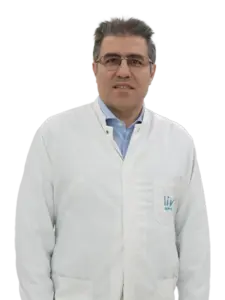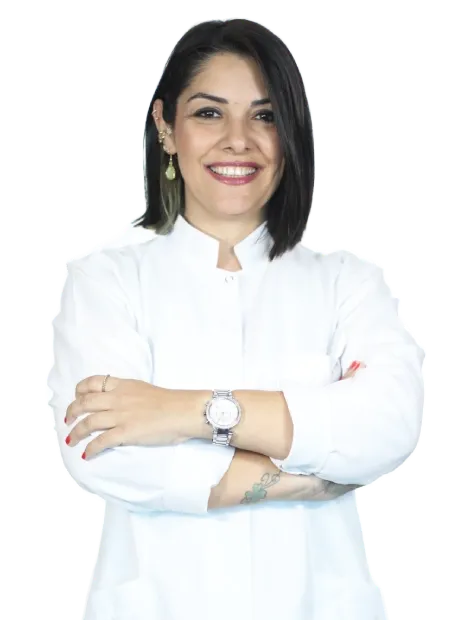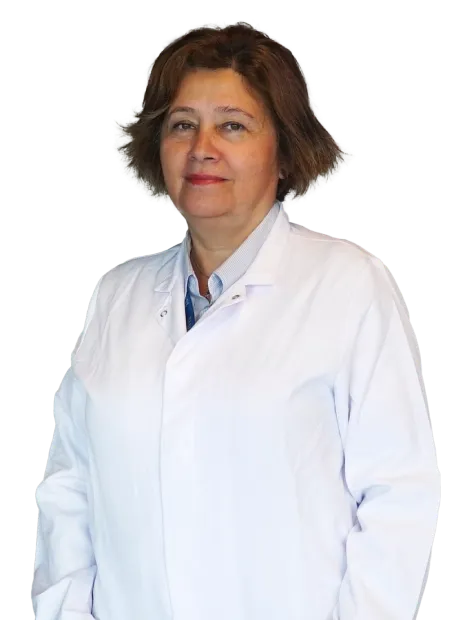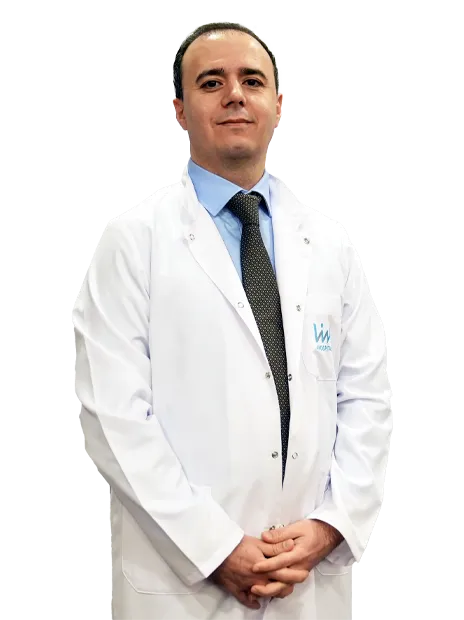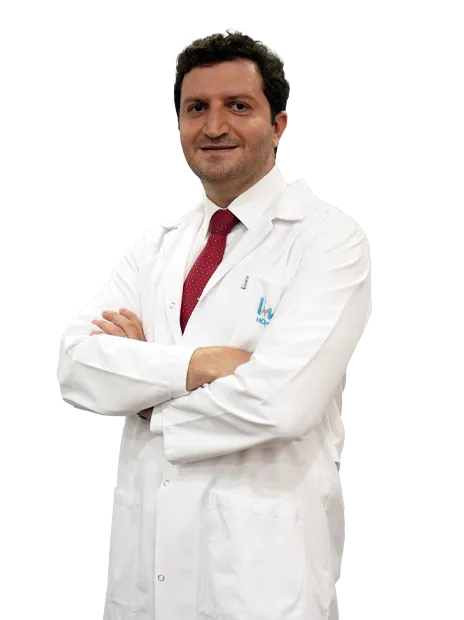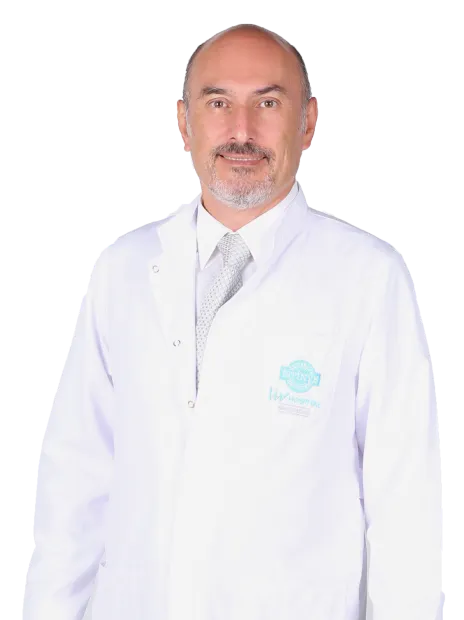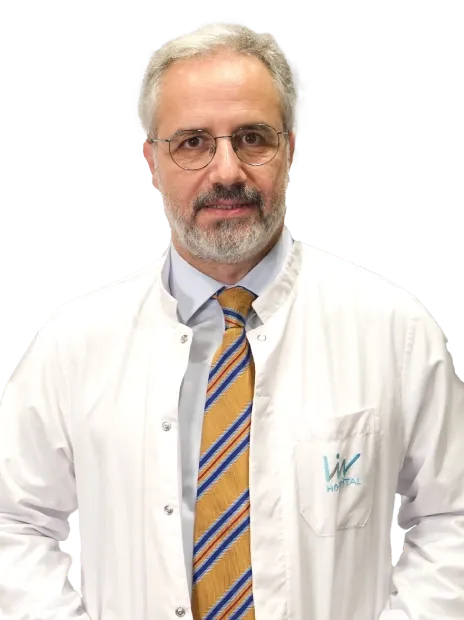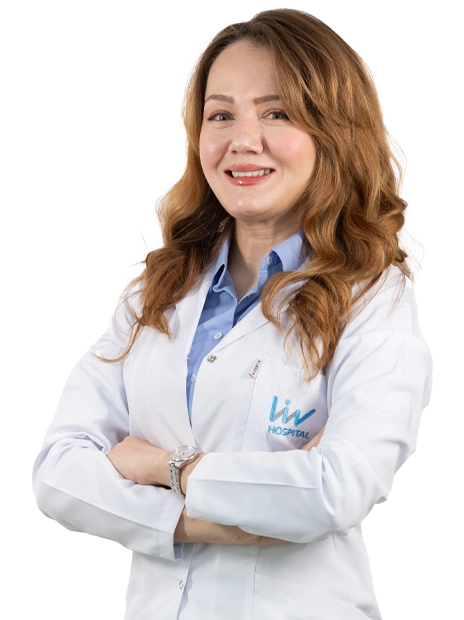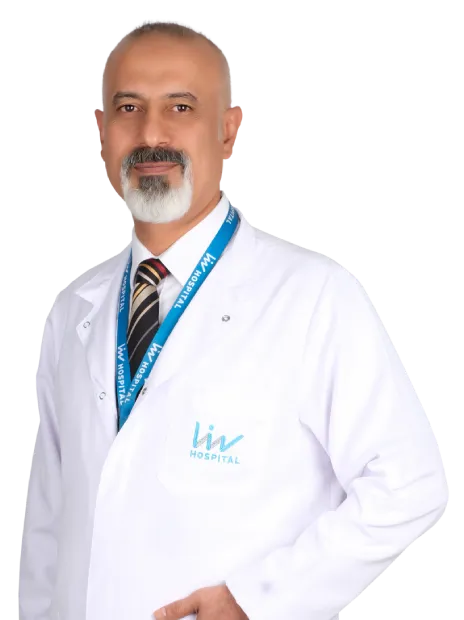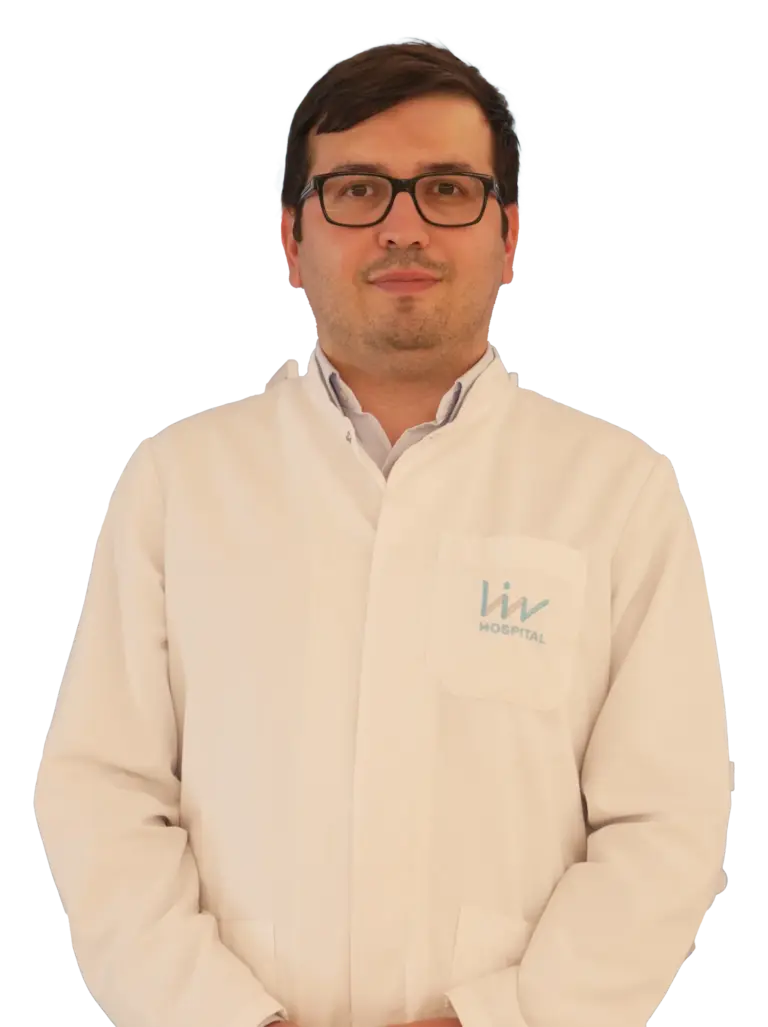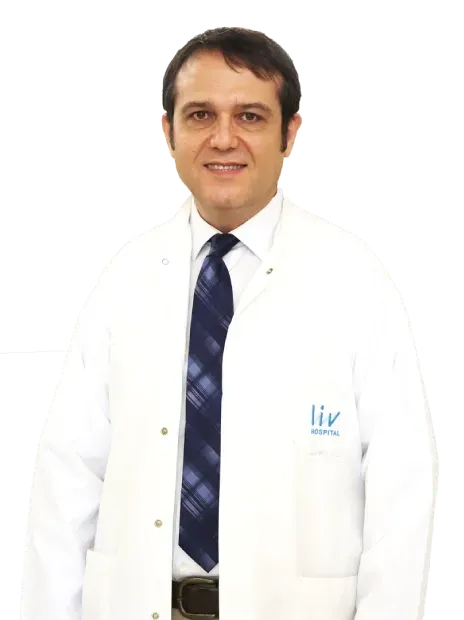Going to see an oncologist for the first time can be scary. You might wonder, how long will the first appointment take? Knowing what to expect can make you feel a bit better.
Many people think that seeing an oncologist means they have cancer. But, an oncologist consultation is just the first step to check your health. At your first oncology appointment, you’ll talk about your health history. You’ll also have some tests and plan what to do next if needed.
Key Takeaways
- The first oncology appointment is an initial consultation to discuss your medical history and outline a plan for further investigation or treatment.
- Seeing an oncologist doesn’t necessarily mean you have cancer; it’s a step towards understanding your health.
- The duration of the first appointment can vary based on individual circumstances.
- Understanding what to expect during the visit can help alleviate anxiety.
- An oncologist consultation involves discussing your medical history and preliminary examinations.
Understanding the Role of an Oncologist
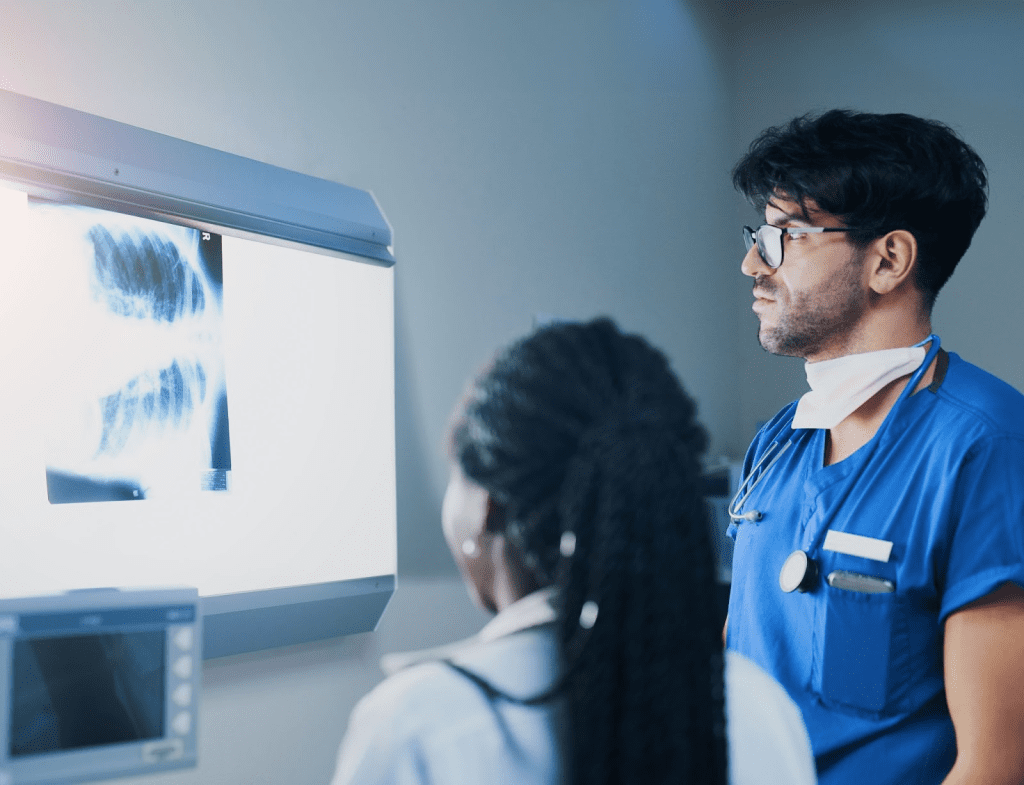
When you hear you might have cancer, knowing what an oncologist does can help. An oncologist is a doctor who focuses on cancer. They diagnose, treat, and study it.
Oncology is a part of medicine that deals with cancer. Oncologists are doctors who specialize in this area. They help and support patients with cancer.
What Is an Oncologist Doctor?
An oncologist doctor is a medical expert in oncology. They can find cancer, plan treatments, and care for patients. They work with other doctors to give the best care.
Different Types of Oncology Specializations
Oncology has many specializations. There’s medical oncology, surgical oncology, and radiation oncology. Medical oncologists use drugs like chemotherapy. Surgical oncologists remove tumors. Radiation oncologists use radiation to treat cancer.
- Medical Oncology: Focuses on the use of medications to treat cancer.
- Surgical Oncology: Involves the surgical removal of tumors and cancerous tissues.
- Radiation Oncology: Uses radiation therapy to treat cancer.
What Does Oncology Do?
Oncology is about finding, treating, and studying cancer. Oncologists use surgery, radiation, and drugs to fight cancer. They also help with symptoms and side effects.
Getting a cancer diagnosis can feel scary. Our oncologists offer caring and complete care. They help patients through their cancer journey.
Does Seeing an Oncologist Mean I Have Cancer?
Seeing an oncologist is a big step in your health journey. But it doesn’t always mean you have cancer. It’s normal to feel worried when you get this referral.
Common Reasons for Oncology Referrals
Oncologists deal with cancer, but they also see patients for other reasons. Your doctor might send you to an oncologist if you have symptoms or test results that need checking. They might also send you if you have a family history of cancer or other risk factors.
Patients are often sent to oncologists after getting abnormal test results. This could be due to irregular blood work or imaging studies. In these cases, the referral is not a diagnosis but a step to find out what’s causing the abnormal results.
Diagnostic vs. Precautionary Appointments
Your oncologist visit could be for a few reasons. It might be to check out symptoms or test results. Or it could be to keep an eye on you if you’re at risk for cancer.
Knowing why you’re seeing an oncologist can help ease your worries. Talk to your doctor about your concerns and the reasons for your referral. This will help you prepare for what’s next.
Oncologist Visit and Cancer Diagnosis: The Reality
Not everyone who sees an oncologist has cancer. Many people are referred for other conditions or for monitoring. Seeing an oncologist is just a step in figuring out what’s going on with your health.
It’s important to ask questions during your visit. Knowing about your diagnosis, tests, and treatment options can help you feel more in control. This knowledge is key to navigating your care plan.
We want to support you, no matter what your diagnosis is. Our goal is to make sure you get the care and support you need. We tailor our approach to your specific situation.
The Referral Process to an Oncologist
The path to seeing an oncologist often starts with a referral from a primary care doctor. This happens when test results or symptoms seem off. It’s a key step for those at risk of cancer or needing special care.
How Primary Care Physicians Make Referrals
Primary care doctors are key in spotting and managing cancer early. If a patient’s symptoms or test results hint at cancer, they’ll send them to an oncologist. This decision is based on the patient’s health history, physical check-up, and test results. It might be scary, but it’s a step towards the right care.
When making a referral, doctors look at the patient’s health, symptom severity, and cancer risk. They also talk about the benefits and risks of seeing an oncologist. This helps patients understand and prepare for what’s next.
Referred to an Oncologist After Blood Test: What It Means
Getting referred to an oncologist after a blood test can be worrying. But it’s a step towards finding out what’s wrong and treating it. Abnormal blood results, like odd white blood cell counts or tumor markers, might lead to a referral. It’s important to know that a referral doesn’t mean you have cancer; it’s a way to make sure you get checked out thoroughly.
When we send patients to oncologists after blood tests, it’s because the results suggest they need a closer look. The oncologist will do a detailed check-up. This might include more tests to figure out what’s causing the abnormal results and plan the next steps.
Oncologist Referral for Cancer Evaluation
An oncologist referral for cancer evaluation is a big step in finding out if you have cancer. Oncologists are experts in cancer diagnosis, treatment, and management. They’re essential in figuring out the best plan for patients at risk.
The goal is to check the patient’s cancer risk, spot any early issues, and create a plan for more tests or treatment if needed. This approach helps ensure patients get the care and support they need on their journey.
Preparing for Your First Oncology Appointment
Your first oncology appointment is a big step. Being ready with the right info and mindset can make it easier. Here are some steps to help make your appointment productive and less stressful.
Medical Records to Bring
Gathering all your medical records is key. This includes test results, biopsy reports, and imaging like X-rays and CT scans. Having these records helps your oncologist understand your situation better. Ask your healthcare providers for these documents early to avoid delays.
Writing Down Your Symptoms and Concerns
Keep a record of your symptoms and when they started. Write down your concerns and questions too. This way, you won’t forget to talk about them with your oncologist. Bring a notebook or digital device to write down any extra info or instructions.
Bringing a Support Person
Having someone with you can offer comfort and help. They can take notes and remember instructions. Choose someone you trust to be with you. Talk to them about how they can support you, like driving or just being there.
By following these steps, you’ll feel more ready for your first oncology appointment. Being informed and organized can help you feel less anxious. This way, you can focus on the important advice from your oncologist.
How Long Does It Take to Get an Oncology Appointment?
The wait time for an oncology appointment varies across the US. Several factors influence this. Knowing these can help patients plan better.
Typical Wait Times in the US Healthcare System
Wait times for oncology appointments can vary. They can be a few days or up to several weeks. Studies show the average wait is 1-2 weeks for urgent cases and 4-6 weeks for non-urgent ones.
These times can change based on the region, healthcare provider, and oncologist availability.
Urgent vs. Non-Urgent Referrals
How fast you get an oncology appointment depends on the referral’s urgency. Urgent referrals, for suspected cancer or immediate needs, get appointments quickly. They usually happen within a few days to a week.
Non-urgent referrals, for routine check-ups or monitoring, have longer waits.
Factors Affecting Appointment Availability
Several things affect when you can get an oncology appointment. These include:
- The oncology department’s capacity, like the number of oncologists and staff.
- The number of referrals, with more leading to longer waits.
- The complexity of cases, with more complex ones needing quicker attention.
- Where you live, with some areas having less access to oncology services.
Understanding these factors helps patients prepare for their oncology appointments. It makes navigating the healthcare system easier.
How Long Is the First Oncology Appointment?
When you’re getting ready for your first oncology appointment, you might wonder how long it will take. You also might be curious about what will happen during that time. Knowing how long your first visit will be is key as you start working with an oncologist.
Average Time Frames to Expect
The first oncology appointment can last anywhere from 30 minutes to 2 hours. Most first visits are about 60 to 90 minutes long. This gives the oncologist enough time to look over your medical history, talk about your symptoms, and start planning what to do next.
Factors That May Extend Your First Visit
Several things can make your first oncology appointment longer. These include:
- The complexity of your case
- The need for more tests during the visit
- How much information needs to be shared with you
- Whether you’re seeing a specialist or a general oncologist
Knowing these factors can help you get ready for your appointment. It also helps you make the most of your time with the oncologist.
Why First Appointments Are Typically Longer
The first oncology appointment is longer because it covers a lot of ground. You’ll get a detailed look at your medical history, a deep dive into your symptoms and worries, and an initial check of your condition. This first meeting is critical for setting up your care plan. It’s important to understand your situation fully.
| Appointment Type | Average Duration | Key Activities |
| Initial Consultation | 60-90 minutes | Medical history review, symptom discussion, preliminary planning |
| Follow-up Appointment | 15-30 minutes | Progress review, treatment adjustments, ongoing care |
By knowing what to expect in your first oncology appointment, you can prepare better. This way, you can make the most of your time with the oncologist.
What Happens at Your First Oncology Appointment?
The first oncology appointment is a big step in understanding your health. It’s a detailed process to gather information and plan your care. You’ll learn a lot about your condition and what’s next.
Initial Paperwork and Check-in Process
When you arrive, you’ll start with paperwork. You’ll fill out forms about your medical history and symptoms. It’s important to be detailed so the team can understand your situation well.
Meeting with the Oncology Team
After the paperwork, you’ll meet the oncology team. This includes doctors, nurses, and other professionals. They’ll listen to your concerns, answer questions, and explain your visit.
They’ll review your medical records and discuss your symptoms. They’ll also explain the tests and procedures you’ll have during your appointment.
Physical Examination Components
A physical exam is a key part of your first visit. The doctor will check your overall health and look for signs related to your condition. This may include checking your vital signs and examining the affected area.
Knowing what to expect at your first oncology appointment can reduce anxiety. Being prepared helps you make the most of your time with the team. It’s a big step towards addressing your health concerns.
What Does an Oncologist Do on First Visit?
When you first see an oncologist, a detailed evaluation starts. This first meeting is key to understanding your health and planning your care.
Review of Medical History
First, we review your medical history. We look at your past illnesses, treatments, and family health. This helps us spot risks and plan your care.
Discussion of Symptoms and Concerns
We also talk about your symptoms and worries. This helps us understand your health better. We want you to share everything, no matter how small.
| Aspect | Description | Importance |
| Medical History | Review of past illnesses and treatments | High |
| Symptoms Discussion | Detailed conversation about current symptoms | High |
| Initial Assessment | Preliminary evaluation based on history and symptoms | High |
Initial Assessment and Planning
After reviewing your history and symptoms, we assess your situation. We figure out what might be causing your symptoms and what tests you need. Then, we plan your next steps and treatment options.
Setting Expectations for Next Steps
During the first visit, we explain what’s next. We talk about tests, treatments, and when you’ll start. We make sure you know what to expect.
By the end of your first visit, we have a clear plan for your care. We aim to support you every step of the way.
Questions to Ask Oncologist at First Visit
When you first meet an oncologist, it’s key to have questions ready. This helps you understand your diagnosis and treatment choices. It’s a chance to get answers, clear up doubts, and start a relationship with your doctor.
About Your Diagnosis or Potential Diagnosis
Knowing your diagnosis is the first step in making informed decisions. Here are some questions to think about:
- What is my diagnosis? It’s important to know the exact type of cancer or condition.
- What stage is my cancer? The stage tells you how far the disease has spread and what to expect.
- What are the implications of my diagnosis? Find out how your diagnosis will change your life and what lifestyle changes you might need.
About Treatment Options
Treatment choices depend on your diagnosis, health, and what you prefer. Here are some questions to consider:
- What are my treatment options? Talk about the different treatments, their benefits, and risks.
- What are the goals of treatment? Understand if the goal is to cure, control the cancer, or just ease symptoms.
- Are there any clinical trials available? Ask if there are trials that might be right for you.
About the Oncologist’s Experience
Knowing your oncologist’s experience and approach can make you feel more at ease. You might ask:
- What experience do you have in treating my type of cancer? Knowing your oncologist’s experience can be reassuring.
- How will we work together to determine the best treatment plan? Understand how you and your oncologist will work together.
- What support services are available? Ask about the support services like counseling, support groups, and nutrition advice.
By asking these questions, you can better understand your diagnosis, treatment choices, and your oncologist’s expertise. This knowledge helps you make informed decisions and confidently navigate your cancer journey.
First Appointment with a Gynecological Oncologist
Getting a diagnosis of gynecological cancer is a big step. Your first meeting with a gynecological oncologist is key. It helps you understand your condition, the tests you’ll need, and your treatment choices.
Specific Procedures and Examinations
Your first visit will include a detailed physical exam, possibly a pelvic exam. Imaging tests like ultrasounds or CT scans might be needed to confirm the diagnosis.
Looking at your medical history is also important. It helps the oncologist know about any past treatments, allergies, or health issues that could affect your care.
Unique Considerations for Gynecological Cancers
Gynecological cancers, like cervical, ovarian, and uterine cancer, need special care. The gynecological oncologist is skilled in handling these complex cases. They create targeted treatment plans for each type and stage of cancer.
It’s important to understand the unique aspects of your cancer. This helps in making a treatment plan that works best for you.
What to Expect During the Consultation
At your consultation, you’ll talk about your diagnosis in detail. The gynecological oncologist will explain the recommended treatment options. These might include surgery, chemotherapy, or radiation therapy.
This is also your chance to ask questions and share any worries you have about your treatment.
When Does an Oncologist Get Involved in Your Care?
An oncologist can join your care journey at different times. This depends on several factors. We will look at when an oncologist gets involved in cancer diagnosis, treatment, and management.
Cancer Screening and Prevention
Oncologists play a role in cancer screening and prevention. They suggest regular screenings based on your age, family history, and risk factors. Early detection is vital for managing cancer effectively.
After Abnormal Test Results
If your test results are not normal, an oncologist may step in. They help investigate and find the cause. We work with your primary care doctor to ensure you get the right follow-up and diagnosis.
During and After Cancer Treatment
During cancer treatment, oncologists manage your treatment plan. This might include chemotherapy, radiation, or surgery. They also support you during and after treatment to handle side effects and watch for any signs of cancer coming back.
Oncologist Assessment of Cancer Risk
If you’re at high risk of cancer because of your genes or family history, we assess your situation. We help decide the best steps for reducing your risk and catching cancer early.
| Stage of Care | Oncologist’s Role |
| Cancer Screening | Recommend and conduct screenings, provide risk assessments |
| Abnormal Test Results | Further investigation, diagnosis, and planning |
| During Cancer Treatment | Oversee treatment plan, manage side effects |
| After Cancer Treatment | Monitor for recurrence, provide supportive care |
The Emotional Aspect of Oncology Appointments
The emotional journey of oncology appointments is just as important as the medical side. It needs careful thought and support. Visiting an oncologist can be scary, filled with worry about the future.
Managing Anxiety and Fear
It’s key to manage anxiety and fear during oncology appointments. Breathing exercises and meditation can calm the mind and lower stress. Patients should also consider:
- Seeking support from family and friends
- Engaging in relaxing activities like yoga or reading
- Keeping a journal to express feelings and concerns
Support Resources Available
We offer many support resources for patients facing emotional challenges. These include:
- Counseling Services: Professional counseling for emotional and psychological needs.
- Support Groups: Group sessions for sharing experiences and connecting with others.
- Educational Materials: Resources on managing the emotional aspects of cancer care.
These resources aim to offer comfort, guidance, and a sense of community during tough times.
Coping Strategies for Waiting Periods
Waiting periods between appointments and during diagnosis can be tough. We recommend several coping strategies:
- Staying engaged in daily activities
- Maintaining a healthy lifestyle through diet and exercise
- Limiting exposure to stressful news or situations
By using these strategies, patients can handle the emotional strain of waiting periods better. They can also keep a positive outlook.
Follow-up After Your First Appointment
After your first oncology visit, knowing what comes next is key. The details from your first visit help your team make a care plan just for you.
Understanding Your Care Plan
Your care plan shows what treatments you’ll need, like tests or therapies. It’s important to get what your plan means. Your oncologist will explain it clearly, so ask if you’re not sure.
Scheduling Additional Appointments
You might need more visits for tests, treatments, or check-ups. Your oncology team will help you schedule these, making sure you know what to expect.
Communication with Your Oncology Team
Talking openly with your team is key to your care. They’re there to support you through treatment. If you have questions or concerns, reach out. You can call, email, or use a patient portal.
What to Do If You Have More Questions
Having more questions after your first visit is normal. Don’t be afraid to ask your team for more info. They offer many resources, like patient guides and support groups, to help you.
By understanding your care plan, setting up appointments, staying in touch with your team, and asking questions, you’re ready for your treatment.
Conclusion
Knowing what to expect at your first oncology appointment can make you feel less anxious. We’ve looked at what an oncologist does, how you get a referral, and what happens during your first visit. We also talked about how long it lasts and what you can expect during it.
Seeing an oncologist doesn’t always mean you have cancer. They help at many stages of cancer care, from finding out you have cancer to treating it and checking on you later. Your first visit is key to figuring out the best plan for you.
To get ready for your oncology appointment, bring your medical records, write down your symptoms, and have someone you trust with you. We hope this guide has helped you understand what to expect. It’s designed to help you through this important part of your health journey.
FAQ
Does seeing an oncologist mean I have cancer?
No, seeing an oncologist doesn’t mean you have cancer. We might see them for cancer screening, abnormal test results, or to talk about cancer risks.
What does an oncologist do on the first visit?
On the first visit, we look at your medical history. We talk about your symptoms and concerns. Then, we make an initial assessment and plan your next steps.
How long is the first oncology appointment?
The first oncology appointment usually lasts 30-60 minutes. The time can vary based on your case’s complexity and if more tests are needed.
What should I bring to my first oncology appointment?
Bring your medical records, a list of symptoms, and a support person if you want. This helps us understand your situation better and care for you more effectively.
How long does it take to get an oncology appointment?
Wait times for an oncology appointment vary. Urgent cases are seen sooner than non-urgent ones. It depends on the referral’s urgency and our oncologists’ availability.
What are the different types of oncology specializations?
Oncology has several specializations, like medical oncology, surgical oncology, and radiation oncology. Each focuses on different cancer care aspects.
What questions should I ask during my first oncology visit?
Ask about your diagnosis, treatment options, and our experience with similar cases. This helps you understand your care plan and make informed decisions.
What happens during a first appointment with a gynecological oncologist?
At your first appointment with a gynecological oncologist, you’ll have specific procedures and examinations. We’ll discuss gynecological cancer considerations and outline your care plan.
When does an oncologist get involved in your care?
Oncologists get involved at different stages, like cancer screening, after abnormal test results, during treatment, and after it. We assess your cancer risk, provide diagnosis, and plan your treatment.
How can I manage anxiety and fear related to oncology appointments?
We know oncology appointments can be tough emotionally. We offer support and coping strategies to help you manage anxiety and fear during your care journey.
What should I do after my first oncology appointment?
After your first appointment, we’ll outline your care plan and schedule more appointments if needed. We encourage you to communicate with our team and ask questions for clarity on your care.


